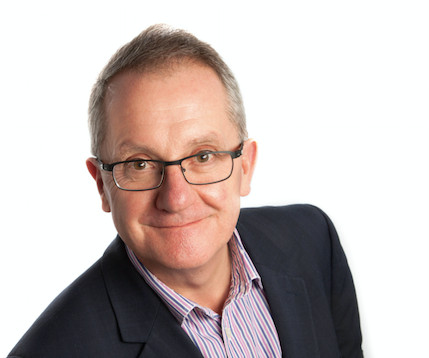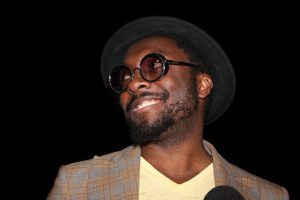
May 11, 2017, by Emma Rayner
Tinnitus: past, present and future
In this blog, Professor David Baguley shares his thoughts as he prepares to give his inaugural lecture as the Lead for Clinical Hearing Sciences, one of six research divisions in the Hearing section of the NIHR Nottingham Biomedical Research Centre. The lecture is open to the public and takes place at 6pm on 16 May at Lecture Theatre A30, Nottingham Lakeside Arts, University Park.
‘I have been doing a lot of thinking in the run up to my Inaugural Lecture – that is when I have had a moment away from driving my new research plans! The theme I have chosen is ‘Tinnitus: past, present, and future’, and I have been reflecting on each of these three time zones. I have always been interested in historical references to tinnitus, and mentions of tinnitus in film, literature and music. There are a considerable number, including religious texts, novels, and poems: but perhaps not nearly as many as one would expect for a symptom that is so prevalent in the modern age, and that can be so troublesome.
Then tinnitus in the present day: why are we finding effective treatments so elusive? Currently, clinical approaches include diagnosis, counselling, and sound therapies, and whilst many people find the tinnitus impact reduces, the sound itself may persist. And then tinnitus in the future: what glimpses do we have of tinnitus to come? Will the prevalence increase with our relentless exposure to noise, and how will our understanding develop? Will we develop treatments that are able to inhibit the tinnitus, or remove it, permanently, and completely?
All of these questions have been present in my mind for some time, but particularly so as I have transitioned in the last six months from clinical audiology to academic life. For over thirty years I was the Head of Audiology at Cambridge University Hospitals NHS Foundation Trust, latterly directing adult and paediatric Audiology, Hearing Implants, and Newborn Hearing Screening, and scratching out some time for research (mostly tinnitus), so the Professorial opportunity here at the University of Nottingham, and in an honorary capacity at Nottingham University Hospitals, is tremendous. The recent funding and inception of the NIHR Biomedical Research Centre is a momentous time to have joined the hearing community in Nottingham, and bodes really well for the delivery of high quality research into hearing and deafness.
My specific research efforts are being directed towards a particular clinical situation. Many common cancers are treated with chemotherapy using drugs based on platinum, such as cisplatin and carboplatin, and have contributed significantly to improvements in treatment outcomes and life expectancy. However, these drugs are significantly toxic to the cochlea (inner ear), triggering mechanisms of programmed cell death in the sensitive and vulnerable cochlear hair cells. This can lead to substantial hearing loss and tinnitus, which can be a burden for people who are now surviving longer with cancer than at any other time, and discovering what it means to live well in that situation. With my collaborators, Prof Poulam Patel (Academic Head of Oncology), Charlene Roe (Oncology Research Manager), Sam Malton (Advanced Pharmacy Practitioner) and my colleagues, Dr John Taylor and Dr Bonnie Millar, we are building a research theme to investigate the extent and burden of this ototoxicity, how it might be detected in a timely fashion and treated at an early stage, and eventually, how it might be prevented. Both the British Tinnitus Association (of which I am honoured to be the President) and cancer charities will be active partners in this endeavour. Importantly, the research will be underpinned and guided by volunteer advisers who have lived through cancer treatment and have hearing difficulties as a result.
Whilst starting a new research theme from scratch is hard work, I am really encouraged by the positive and encouraging research culture at the University of Nottingham, and Nottingham University Hospitals: I am proud to be part of those teams!’
Professor David Baguley is also President of the British Tinnitus Association.
No comments yet, fill out a comment to be the first


Leave a Reply